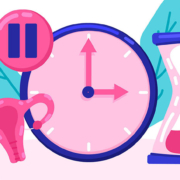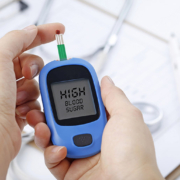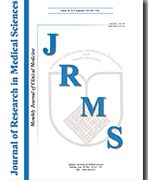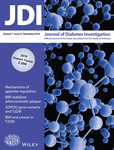Blood Test Helps Predict Menopause- TLGS findings
Researchers have developed a blood test they say can predict how long of a reproductive life a woman has before menopause.
The blood test measures levels of a hormone called anti-Mullerian Hormone (AMH), which is produced by the cells in women’s ovaries and is a marker for ovarian function. The test could tell women as young as 20 when they would enter menopause. Sixty-three women reached menopause during the course of the study, and the test was able in most cases to predict the age within about four months of the woman’s actual age; the maximum margin of error was between three and four years.
Study author Fahimeh Ramezani Tehrani, president of the Reproductive Endocrinology Department of the Endocrine Research Centre and a faculty member and associate professor of Shahid Beheshti University of Medical Sciences in Tehran, Iran, reported her findings at the European Society of Human Reproduction and Embryology in Rome.
The findings could have implications on how women approach family planning. Researchers said it is one of the first population-based studies to provide a statistical model for predicting age at menopause.
“We developed a statistical model for estimating the age at menopause from a single measurement of AMH concentration in serum from blood samples,” Ramezani Tehrani says. “Using this model, we estimated mean average ages at menopause for women at different time points in their reproductive life span from varying levels of serum AMH concentration. We were able to show that there was a good level of agreement between ages at menopause estimated by our model and the actual age at menopause for a subgroup of 63 women who reached menopause during the study.”
Predicting Menopause With a Blood Test
The study results are based on blood samples from 266 women aged 20 to 49 who were part of the larger Tehran Lipid and Glucose Study, which began in 1998 and continues today. Blood samples were repeatedly collected from the study participants every three years, and the researchers also collected data about the women’s socioeconomic backgrounds and reproductive histories. The average age of beginning menopause was about 52.
Ramezani Tehrani and her team found that:
- AMH levels of 4.1 ng/mL or less predicted early menopause (before age 45) in 20-year-olds
- AMH levels of 3.3 ng/mL predicted early menopause in 25-year-olds
- AMH levels of 2.4 ng/mL predicted early menopause in 30-year-olds
Women who had AMH levels of at least 4.5 ng/mL at age 20, 3.8 ngl/mL at age 25, and 2.9 ng/mL at age 30 could expect menopause to begin after they turned 50.
“The results from our study could enable us to make a more realistic assessment of women’s reproductive status many years before they reach menopause,” says Ramezani Tehrani. “For example, if a 20-year-old woman has a concentration of serum AMH of 2.8 ng/mL, we estimate that she will become menopausal between 35-38 years old.”
Ramezani Tehrani says more studies are needed to validate these findings, but the blood test could be an important diagnostic tool to evaluate one’s reproductive life and could provide a more accurate response than chronological age.
Reference
26th annual meeting of the European Society of Human Reproduction & Embryology
Newswriter: Katrina Woznicki | WebMed

 www.freepik.com
www.freepik.com





Leave a Reply
Want to join the discussion?Feel free to contribute!